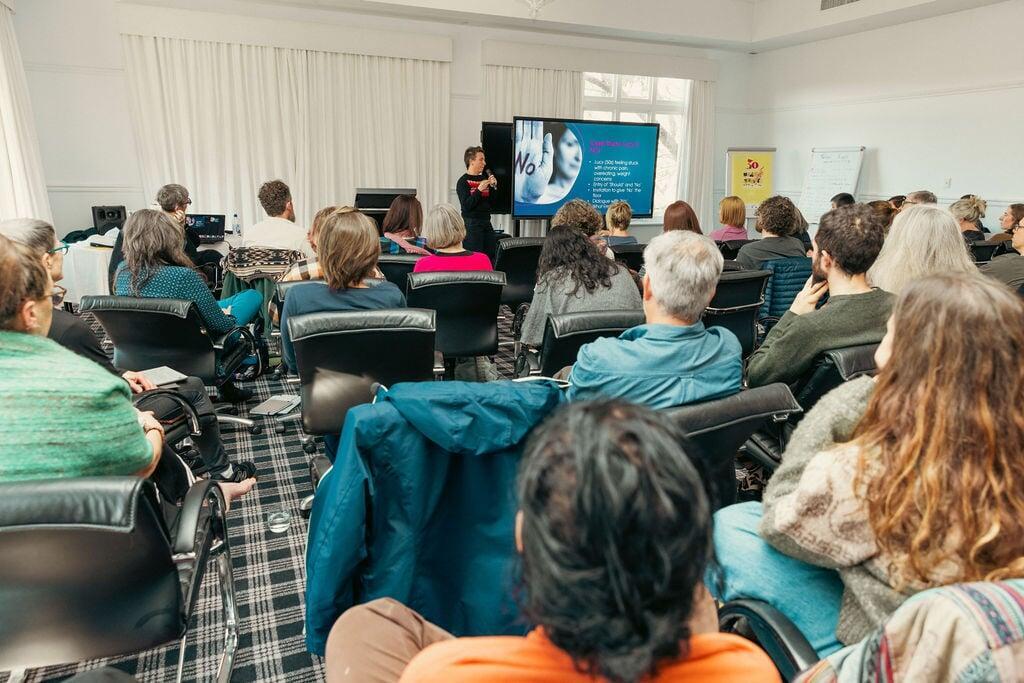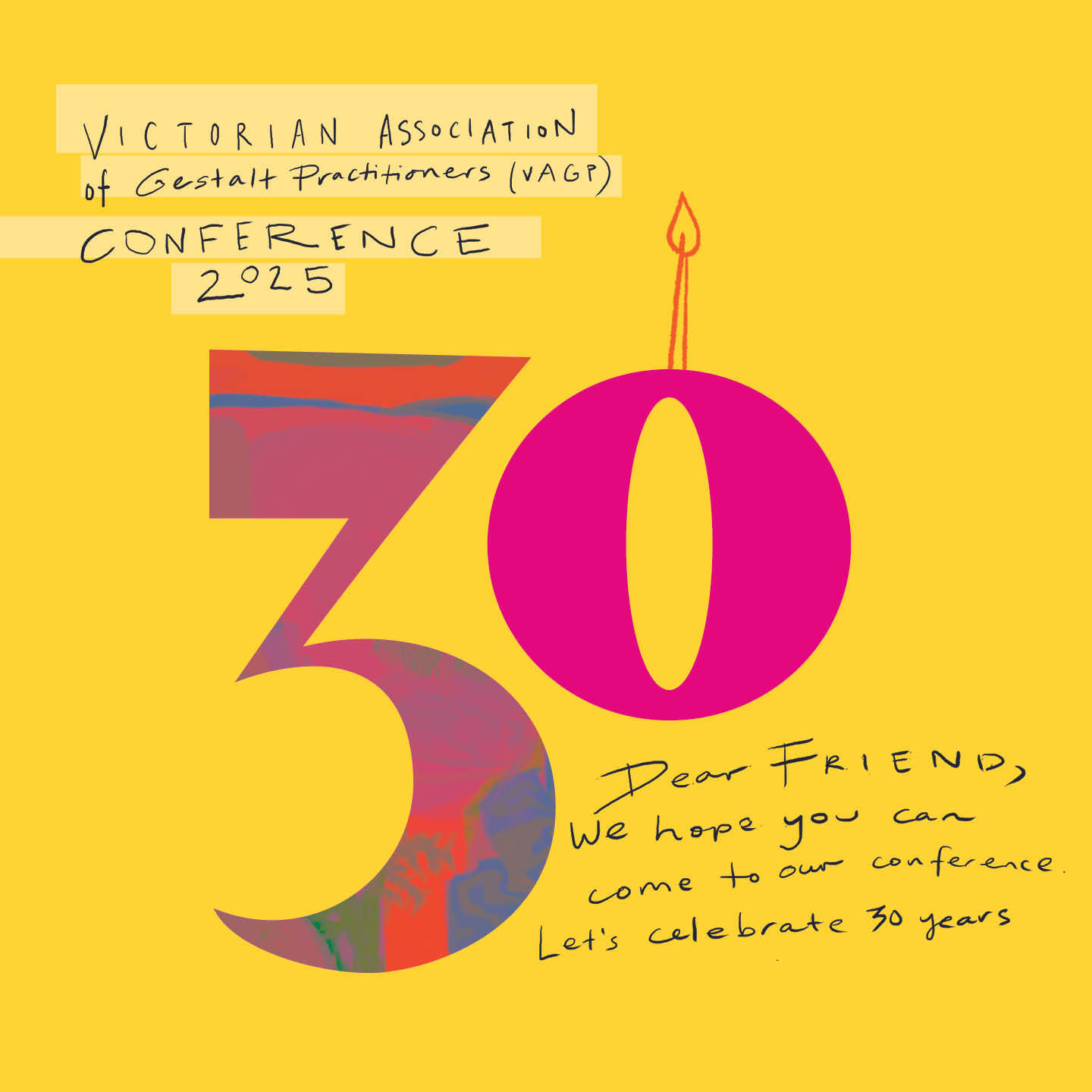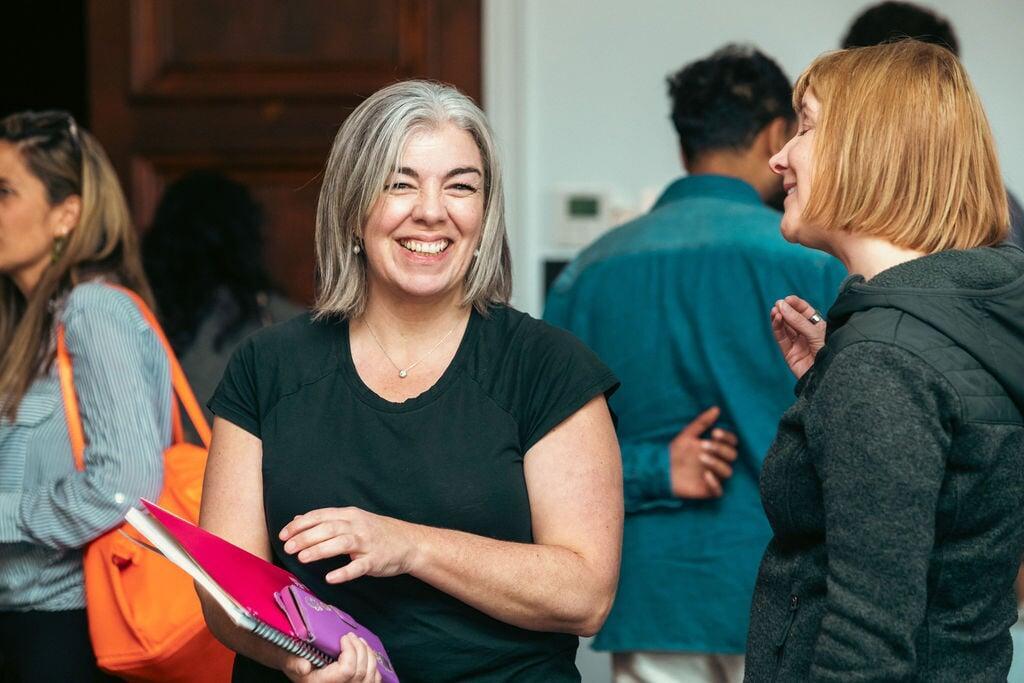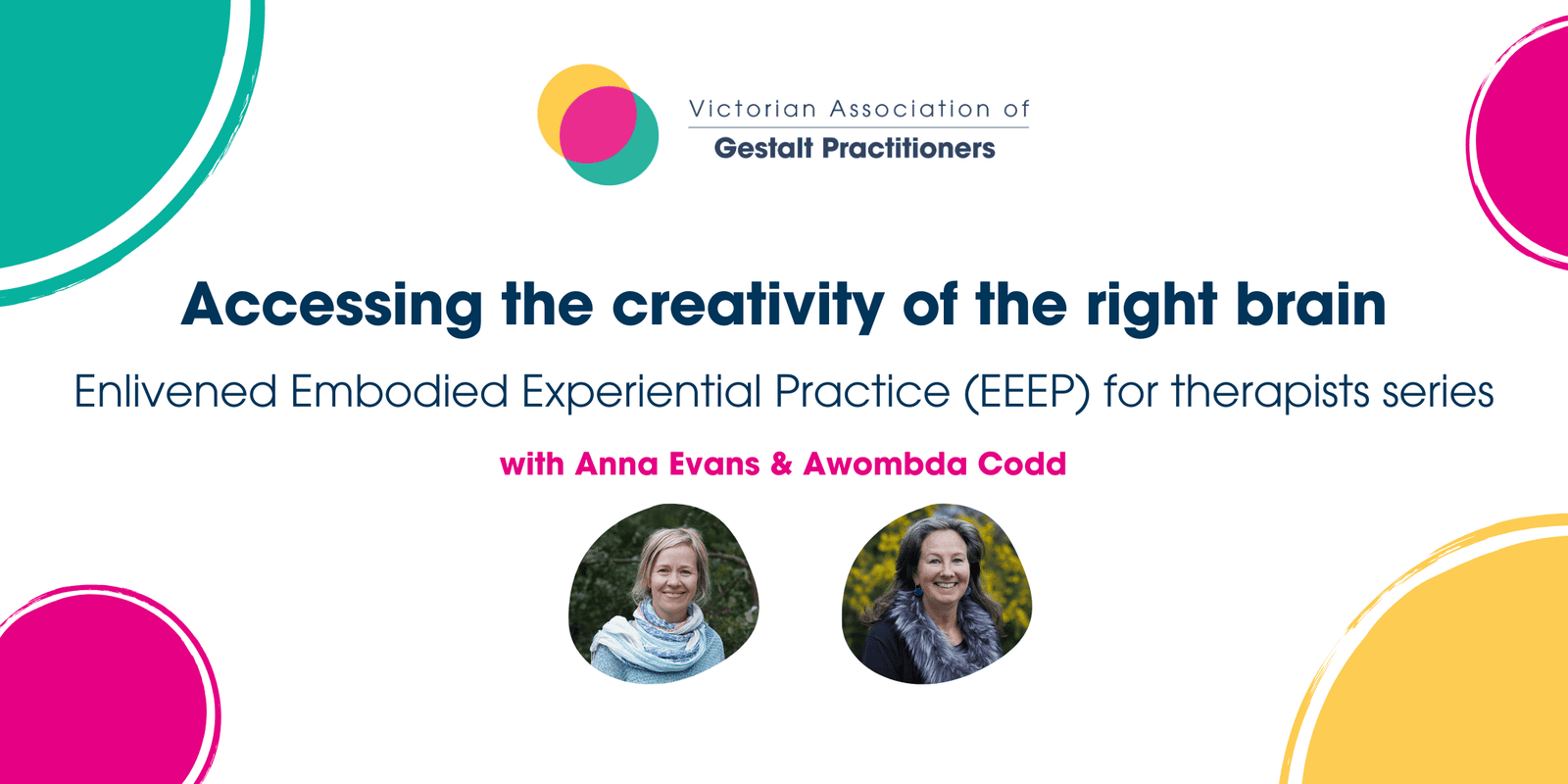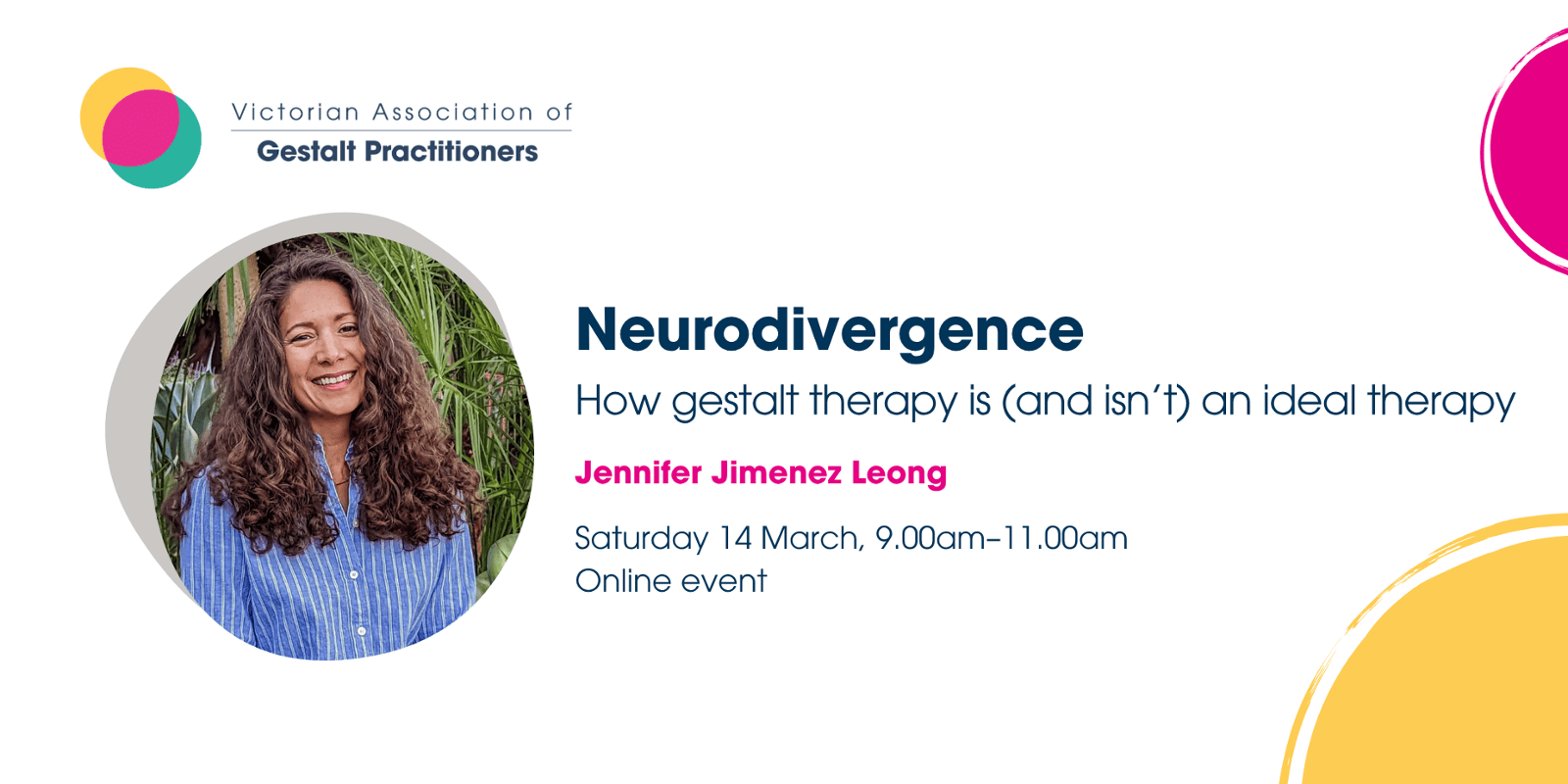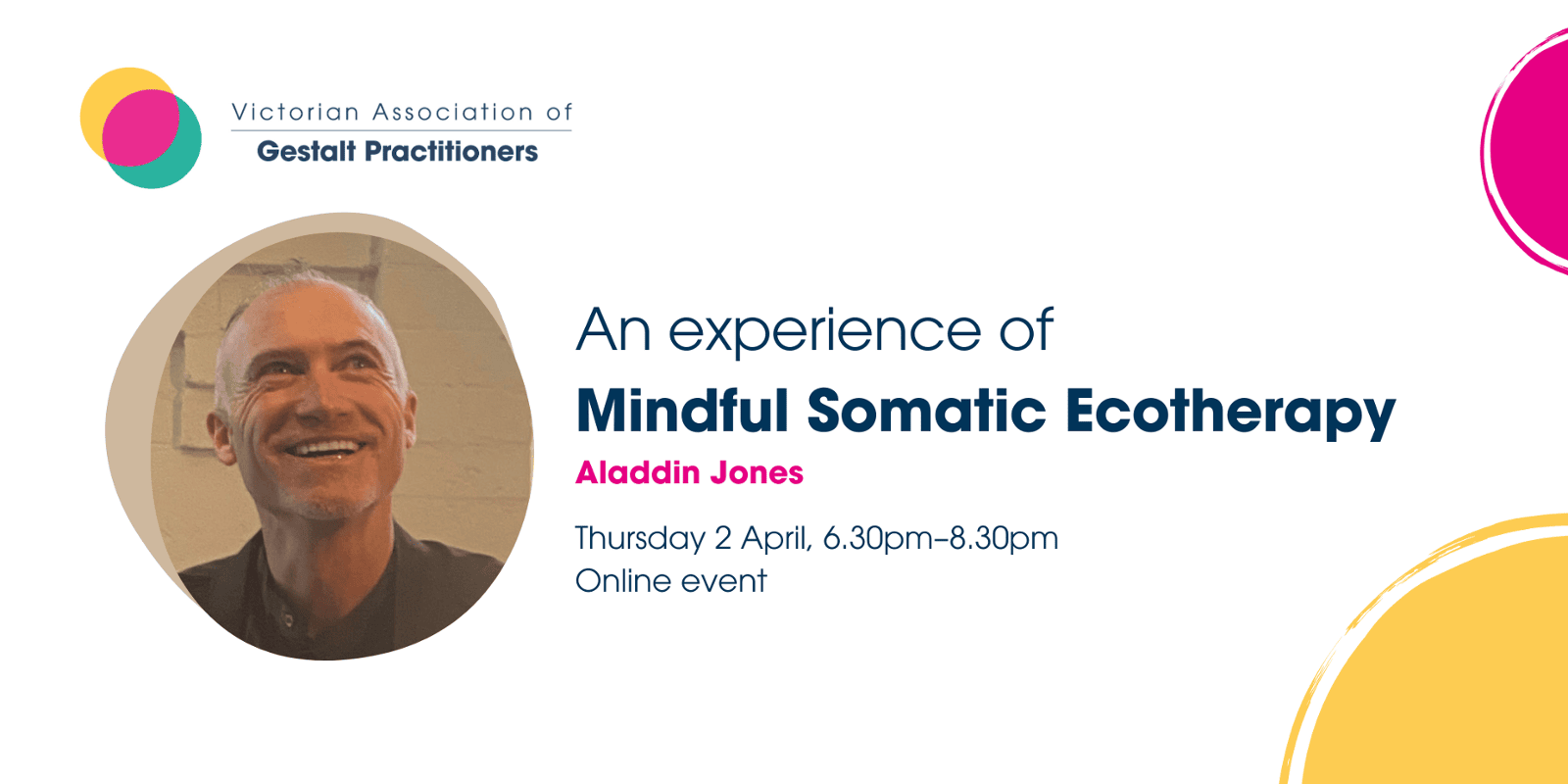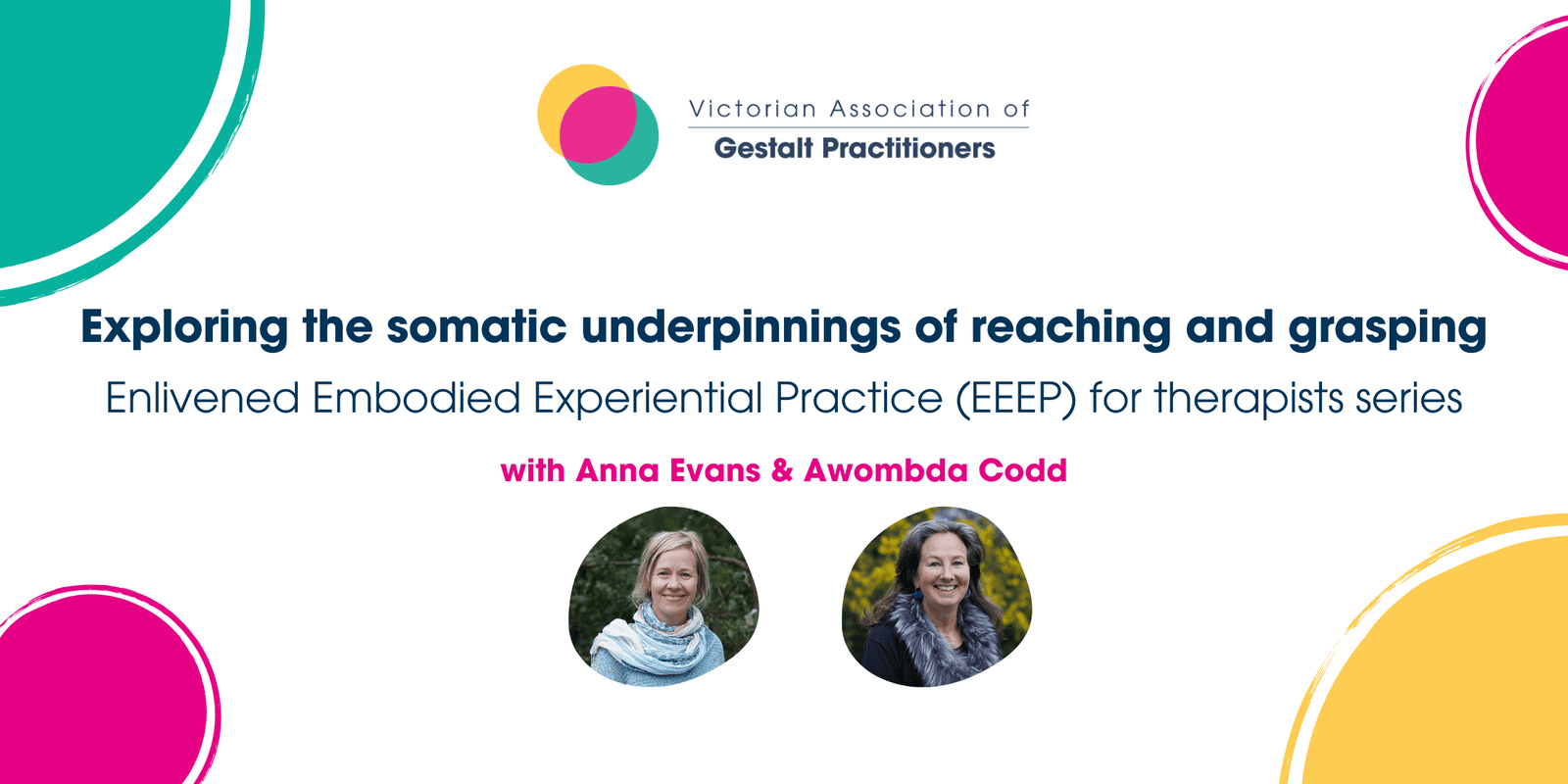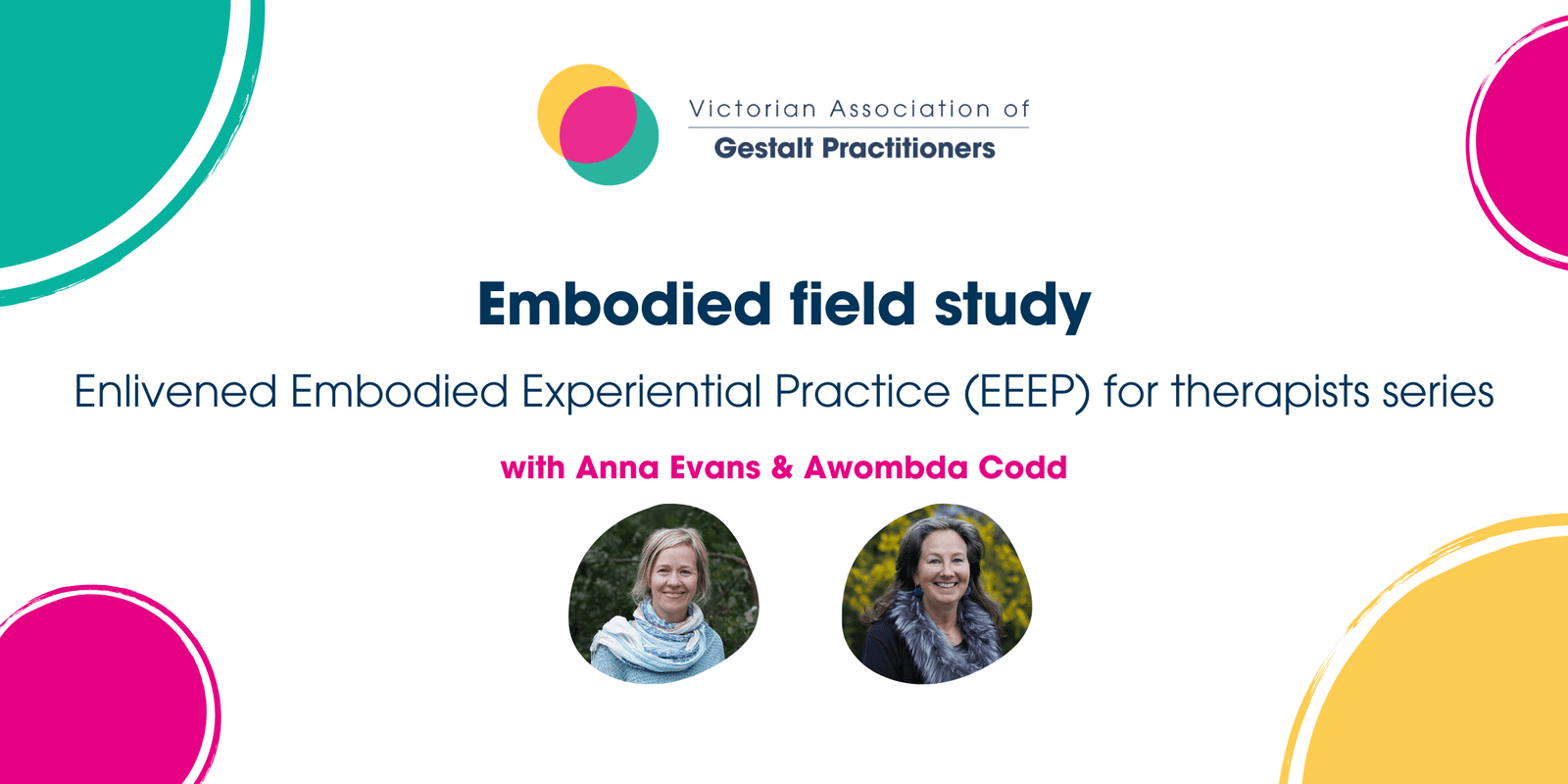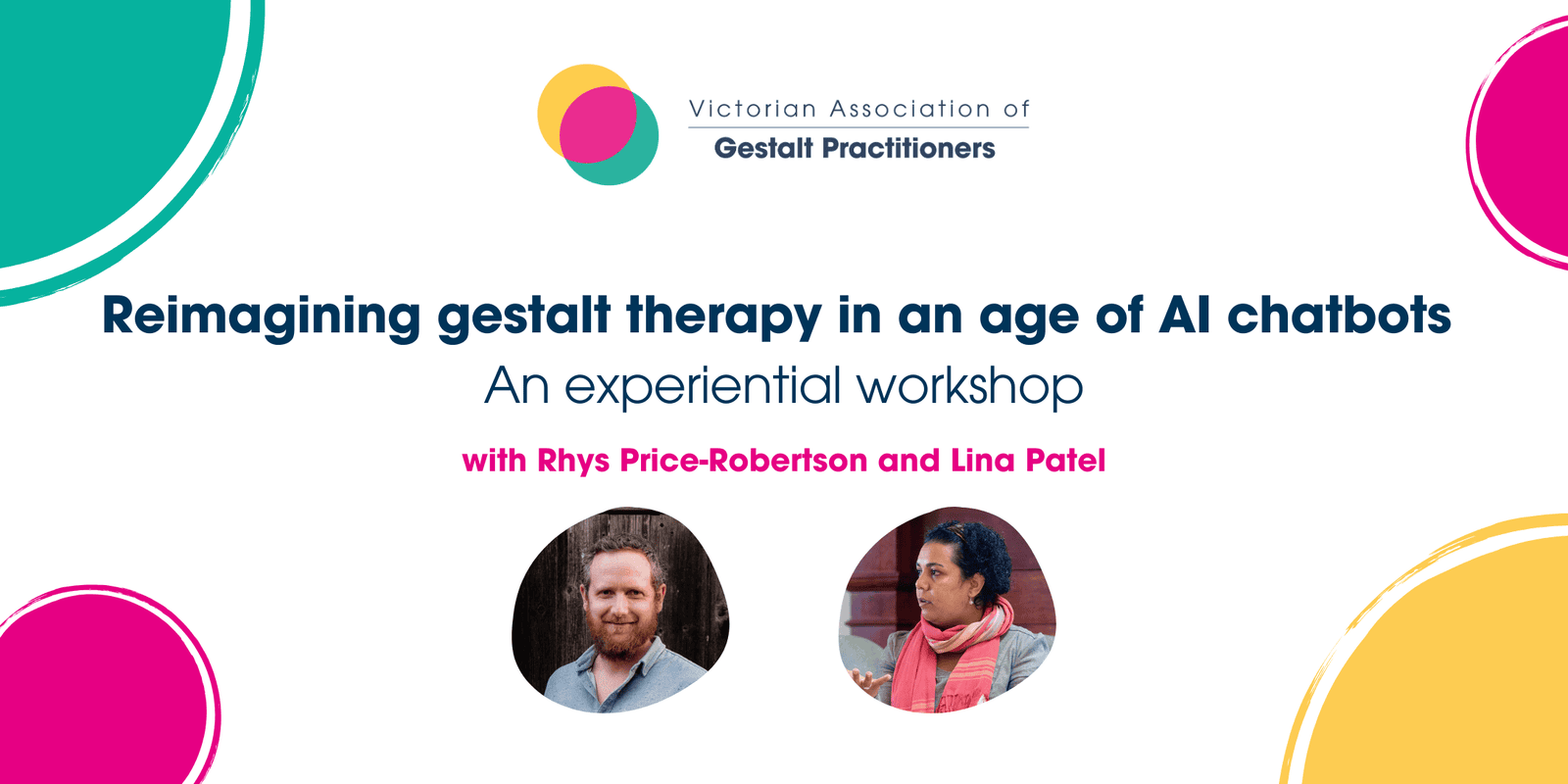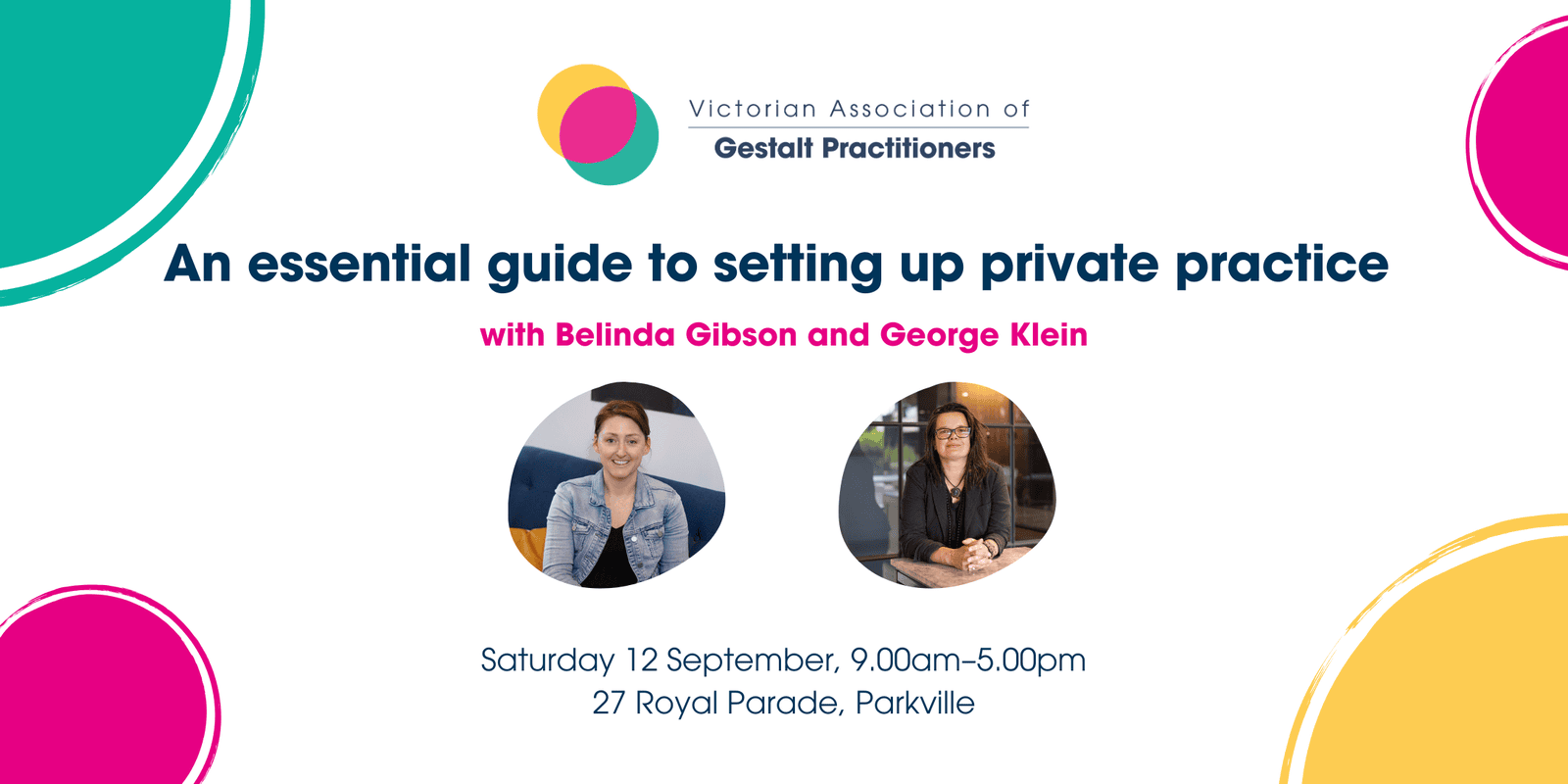Overview
In this seminar we will discuss the attitudinal stance of "clinical hospitality". This stance of clinical hospitality offers a needed antidote amongst the prevailing culture of immediacy, short-cuts, demand for rapid outcomes, influencers. We will consider what constitutes clinical hospitality and how comfortably this attitude sits next to the foundational principles of gestalt therapy and theory. I believe clinical hospitality is a relational attitude that creates a fundamental and necessary scaffolding for the therapeutic alliance, supporting the clinician towards developing an efficacious but pragmatic, ethical, and fallible stance in the therapeutic engagement. Further to the consideration of therapeutic engagement, we will discuss the pernicious impact of reductionism on a relational stance and consider the potential effects of the plethora of shorthand teleological approaches and techniques so prevalent in our psychotherapy culture, exploring how the attitude of clinical hospitality can provide some ballast within this particular context for the therapeutic alliance.
About the facilitator:
Claire Taubert (BBSc, BSc, B.Ed (Counselling) MAPS, GANZ) is the co-founder and past managing director of Gestalt Therapy Australia (GTA). She has been involved in the Australian and International Gestalt community as a student, trainer, therapist, supervisor, mentor, and member of the GANZ council for over 30 years.
She was originally trained in Melbourne, UK, and San Diego and has furthered her interests in relational Gestalt with an ongoing training and relationship with the Pacific Gestalt Institute (USA) where she is associate faculty. She is the founder and current director of Gestalt Concepts, Melbourne.
Claire has run a psychotherapy and psychology practice in Melbourne and Ballarat for the past 30+ years, where she works as a relationally orientated psychotherapist and psychologist. Claire also works as a consultant to various community, mental health, and medical organisations, facilitating groups and providing clinical supervision, mentoring, and support to managers and health workers.
